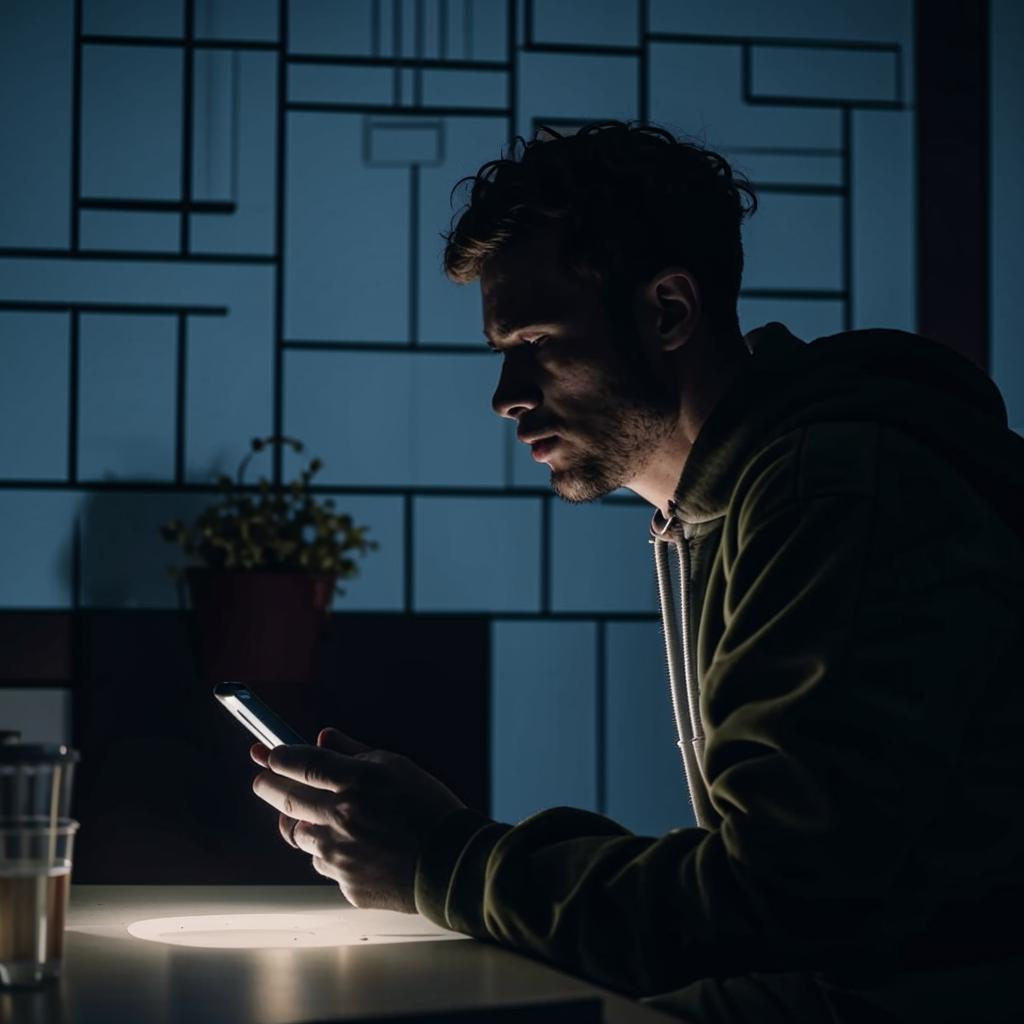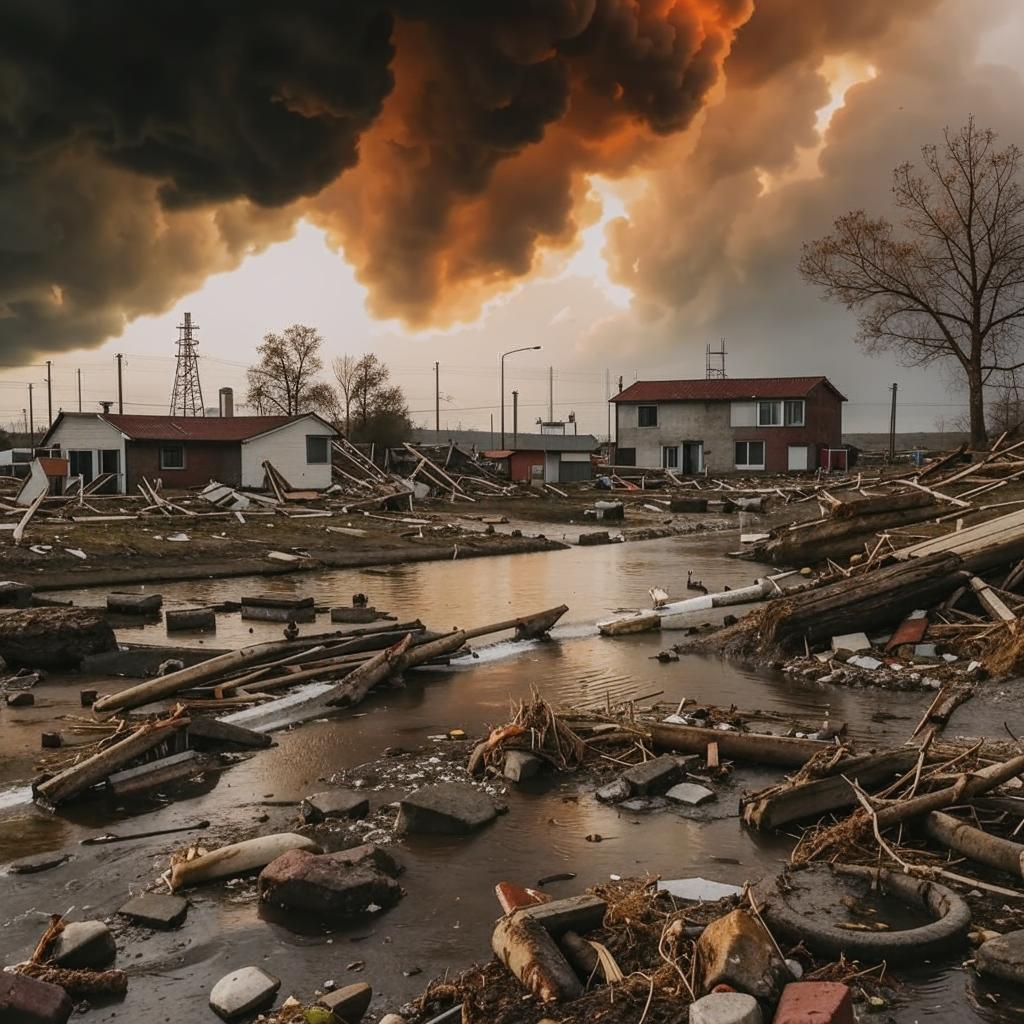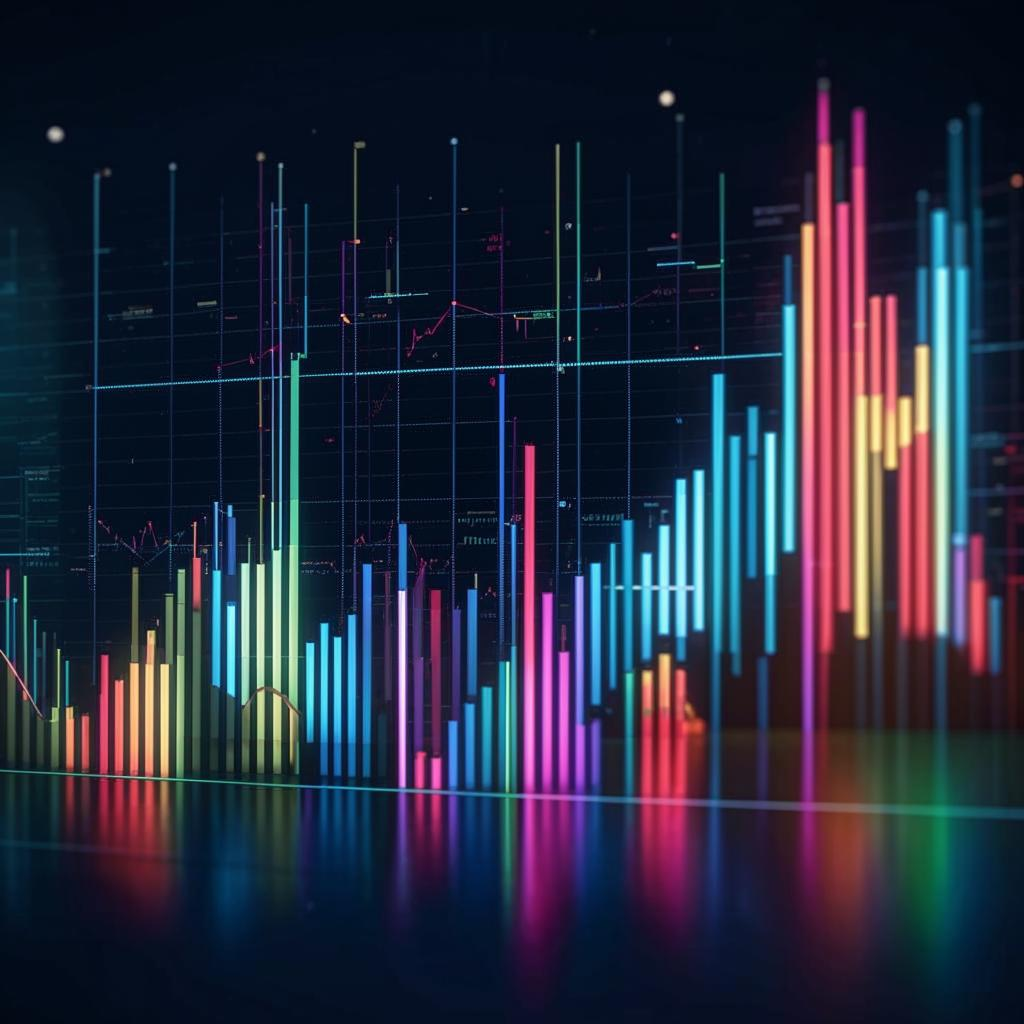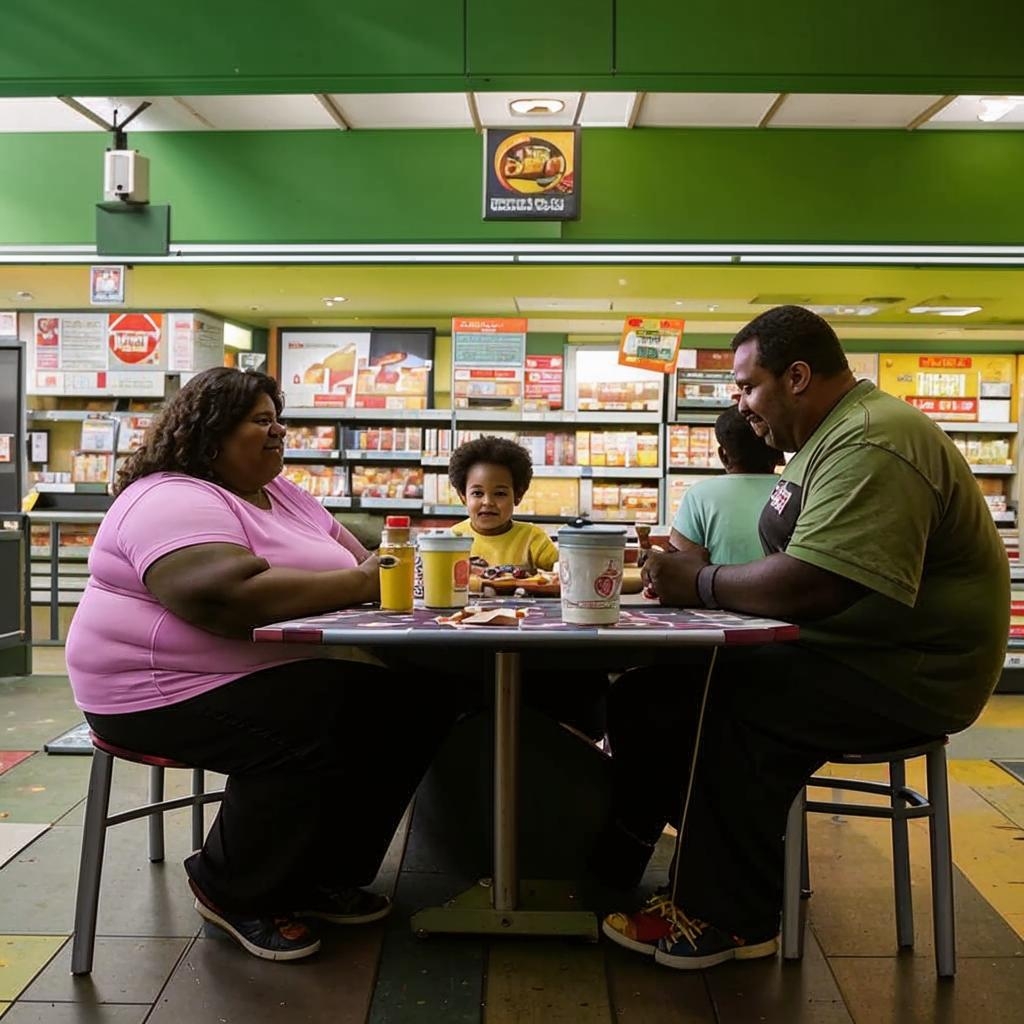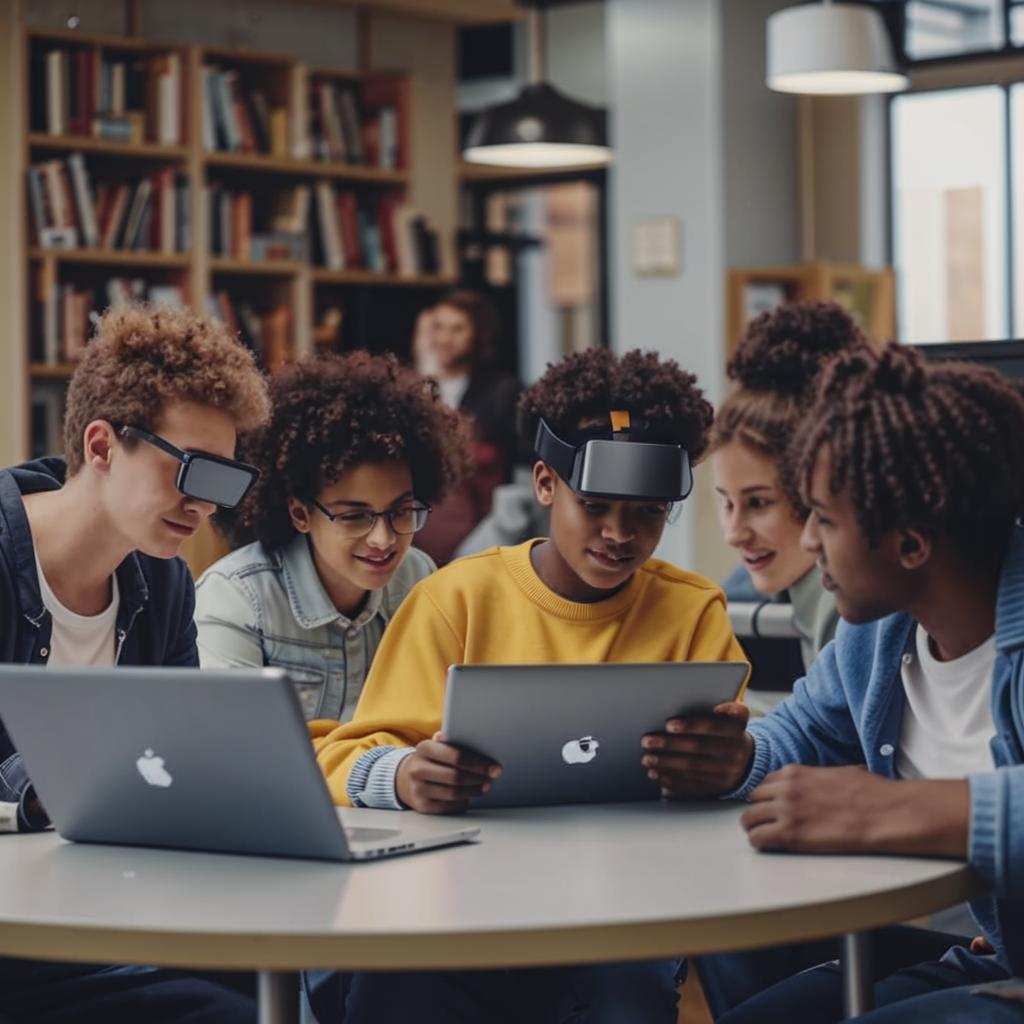Social media platforms have become ubiquitous in modern life, particularly among young adults. However, a growing body of research suggests a correlation between heavy social media use and an increased risk of depression and anxiety. A study published in the Journal of Abnormal Psychology found that individuals who spent more time on social media were significantly more likely to experience symptoms of depression over a six-month period.
The constant exposure to curated content, highlighting seemingly perfect lives, can fuel feelings of inadequacy and social comparison. Cyberbullying and online harassment also contribute to the negative impact on mental well-being. Furthermore, the addictive nature of social media, with its notifications and endless scrolling, can lead to sleep deprivation and reduced face-to-face interaction, both of which are crucial for mental health.
Experts recommend mindful social media use, including setting time limits, being selective about the accounts followed, and prioritizing real-life connections. Promoting digital literacy and awareness of the potential risks are also essential steps in mitigating the adverse effects of social media on mental health.
Finishtit
